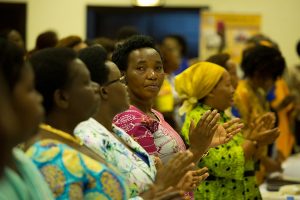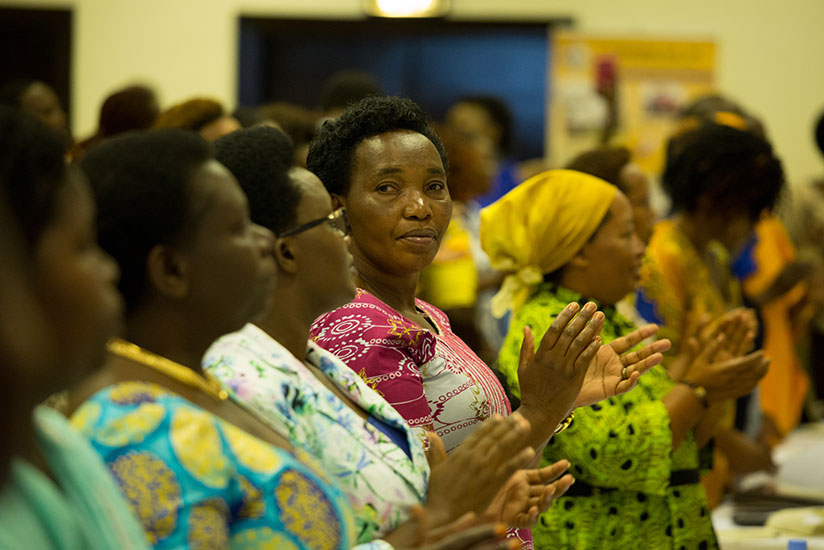The East African Community (EAC) is, at last, seeing light at the end of the tunnel after a long era of gender angst.

But achieving gender equality will be an uphill task as old habits die hard.
However, a recent endorsement of the Gender Equality and Development Bill, 2016 by the East African Legislative Assembly last week to improve the rights of women and girls is encouraging. We urge EAC heads of state to assent to the document for the bloc to reach gender equality, protection and development.
The envisaged law stipulates the right of a child to quality education and can address other issues such as land rights, marginalised groups and gender-based violence.
Indeed, forced marriage has been the nemesis of girls, condemning them to illiteracy, poverty and servitude.
Teenage marriage and female genital mutilation are not only anachronistic, but also used as tools of female subjugation.
That runs counter Article 6 of the EAC Treaty, which strongly opposes discrimination against any person on grounds of sex or gender.
EAC governments will have to review marriage and inheritance pieces of legislation that are repressive to women and increase their representation in decision-making bodies.
Last year, Tanzania’s High Court ruled that sections 13 and 17 of the Law of Marriage Act, 1971, which allow a girl aged below 18, to marry were unconstitutional.
That came after Children’s Rights Organisation director Rebecca Gyumi filed a petition to strike out all provisions in the Law of Marriage Act, 1971, which allow a girl under 18 years old to get married with her parent’s consent.
Sections that contravene articles on having equal rights
She argued that, the two sections contravened Articles 12, 13 and 18 of the Constitution of the United Republic of Tanzania (1977, as amended until 2005), which gives people equal rights before the law and not to be discriminated against.
The court ruled that the two sections contravened the Constitution, hence they did not qualify to be part of the Law of Marriage Act, 1971.
It firmly stated that it was unfair to subject a girl aged 14 to marriage as stated in one of the sections and that such a child had no wide understanding and could hardly comprehend her responsibilities and obligations as a married person.

